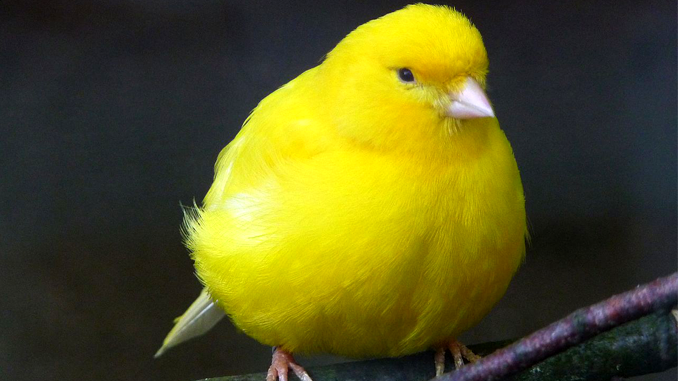
In light of the murder of Saudi Arabia dissident and America resident journalist Jamal Khashoggi, Committee to Protect Journalist (CPJ) is re-upping their report from Oct 1 and Citizen Lab’s published report showing it had detected the spyware called Pegasus in 45 countries being used that may be used to track journalist, and their resources.
Oct 20 2018
Researchers have previously identified a number of major Pegasus campaigns, including one against investigative journalists in Mexico, and another against human rights workers in Saudi Arabia. The spyware’s presence in 45 countries raises significant implications for journalists, both in terms of their own security as well as the safety of their sources.
The spyware gives the attacker the ability to monitor, record, and collect existing and future data from the phone. This includes calls and information from messaging applications and real-time location data. The spyware is able to remotely activate the camera and microphone to surveil the target and their surroundings.
Pegasus is designed to be installed on phones running Android, BlackBerry OS, and iOS without alerting the target to its presence. Journalists will likely only know if their phone has been infected if the device is inspected by a tech expert.
Pegasus can be installed in a number of ways. Journalists should be aware of these methods and take appropriate steps to protect them and their sources.
CPJ; Oct 1 2018
For a list of methods and steps, read the full CPJ report and Citizen Lab Sept full published report: HIDE AND SEEK Tracking NSO Group’s Pegasus Spyware to Operations in 45 Countries, here.
Here is a headline you won’t see every day. Washington Post reported Boeing 737 flies into brick wall – and just keeps going.
On Oct 12, with 130 passengers on board, an Air India pilot leaving southern India heading across the ocean to Dubai “not only clobbered the top of a five-foot perimeter wall but also destroyed a small landing guide tower as it climbed out of Tiruchirappalli International Airport in Tamil Nadu, India,” according to a report from the Times of India, and the pilot “apparently saw no reason not to continue on.”
“We informed the pilot about the hit,” the airport director told the IANS news service. “The pilot said nothing was wrong with the plane as the systems were functioning normally. But we found some parts of the plane, like an antenna, on the ground.”
Air India Express flight 611 continued to climb above the cloud line. It crossed the subcontinent and headed out over the Indian Ocean, the pilot apparently unaware that the plane had a gash along its belly and mesh fencing wrapped around the landing gear.
It flew for about two hours before someone in ground control second-guessed the pilot’s confidence.
Washington Post; Oct 13 2018
Nature – Beware
In town of Rockwall, Texas, part of the Dallas/Ft. Worth Metroplex area, a mother received a phone call from her daughter’s daycare informing her her daughter had been stung by what is known as the Southern Flannel Moth Caterpillar, otherwise known as an asp, the most poisonous caterpillar in the United States. Apparently the caterpillar had fallen out of a tree and onto the girl’s arm.
Texas A&M entomologist Michael Merchant told NBC local affiliate KXAS-TV asps are commonly found in a lot of plants found in North Texas, such as, “on oaks, yaupons, even rose bushes,” and that they’ve been receiving a lot of calls this year about the bugs “though they don’t know why.” Merchant explains there are “a series of spines hidden below the caterpillar’s distinctive hair that are filled with venom and responsible for the painful sting that can last up to 12 hours.”
Thanks to the fast thinking and quick action of the child’s teachers to “remove the spines from her arm with tape, doctors tell [the mother] Chambers it could’ve been much worse…They said if that had not happened it could actually cause her whole body to go numb and start shutting down.”
Merchant said the asps should start to disappear over these next couple weeks as they begin to build their cocoons for the winter. When they hatch as moths they no longer have their venomous spines.
For a little more on this, visit Texas Hill Country News: The Texas Asp: Do Not Pet This Cuddly-Looking, Fuzzy Caterpillar. Texas Hill Country says they are common in the fall, and that while they won’t cause serious harm to the trees there have been reports they have been so numerous they pose serious risk to children and gardeners, and there have been reports in the past of schools being shut down “because of stings to children.”
h/t Contended Indie for this one…because, funny. 😀
Oct 20 2018

2 Trackbacks / Pingbacks
Comments are closed.